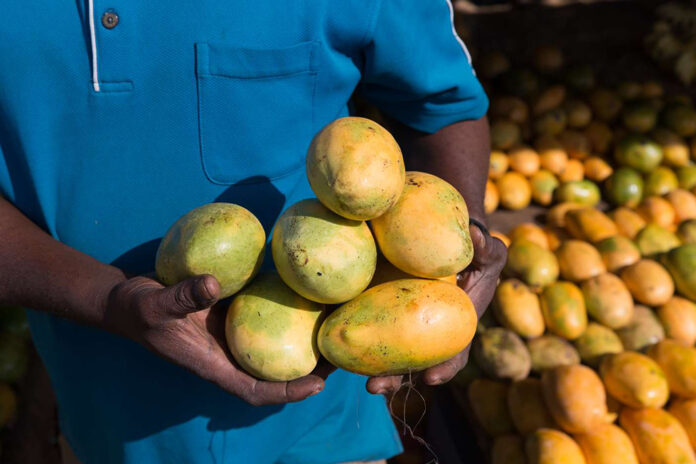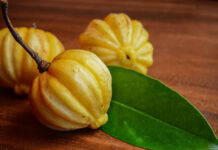
Wild African Mango (Irvingia gabonensis) is a fruit-bearing tree native to the tropical forests of West and Central Africa. The tree produces a mango-like fruit with a fleshy exterior and a fibrous seed, commonly referred to as “dika nut” or “ogbono.” While the fruit pulp is consumed for its sweet taste, much of the scientific and nutritional interest revolves around the seeds, which are rich in bioactive compounds.
Research and Benefits
Nutritional Composition:
Wild African Mango seeds are high in dietary fiber, healthy fats, and essential nutrients such as magnesium, potassium, and calcium. They also contain bioactive compounds like flavonoids and ellagic acid, which contribute to their potential health benefits.
Research Highlights:
- Weight Management:
Clinical studies suggest that Irvingia gabonensis seed extract may support weight loss by improving metabolism, reducing fat cell formation, and decreasing appetite. The fiber content in the seeds also promotes satiety, helping individuals consume fewer calories.- Key Mechanism: The seed extract is thought to influence the hormone leptin, which regulates hunger and fat storage.
- Cholesterol Regulation:
Wild African Mango seed extract has been linked to improved lipid profiles by lowering LDL (bad cholesterol) and triglycerides while increasing HDL (good cholesterol).- Supporting Studies: A 2009 study published in Lipids in Health and Disease reported significant reductions in cholesterol levels among participants taking the extract.
- Blood Sugar Control:
The fiber and bioactive compounds in Wild African Mango may help regulate blood glucose levels by slowing carbohydrate digestion and absorption. This benefit could be particularly useful for people with type 2 diabetes. - Anti-inflammatory and Antioxidant Effects:
The seeds contain antioxidants that combat oxidative stress, a contributor to chronic diseases like heart disease and diabetes. Additionally, anti-inflammatory properties may benefit overall health and reduce risks associated with metabolic syndrome.
Dosage Guidelines
General Recommendations:
- Standardized Wild African Mango seed extract supplements are typically available in doses ranging from 150 mg to 300 mg per serving.
Body Weight-Specific Dosage:
- Research commonly uses a dosage of 150 mg twice daily for adults. Adjustments can be made based on body weight:
- 0.5 to 1 mg per pound of body weight.
For example:- A person weighing 150 pounds may take 75-150 mg per dose, twice daily.
- A person weighing 200 pounds may take up to 200 mg per dose, twice daily.
- 0.5 to 1 mg per pound of body weight.
Best Practices:
- Take the supplement 30 minutes before meals with a glass of water for optimal absorption and to maximize its appetite-suppressing effects.
Precautions and Side Effects
While generally considered safe, some individuals may experience mild side effects, such as bloating, flatulence, or headache, particularly at higher doses. Pregnant and breastfeeding individuals or those with pre-existing medical conditions should consult a healthcare provider before using Wild African Mango supplements.
Conclusion
Wild African Mango offers promising health benefits, particularly for weight management, cholesterol regulation, and blood sugar control. The recommended dosages, tailored to body weight, can provide a safe and effective way to integrate this natural remedy into a wellness routine.











